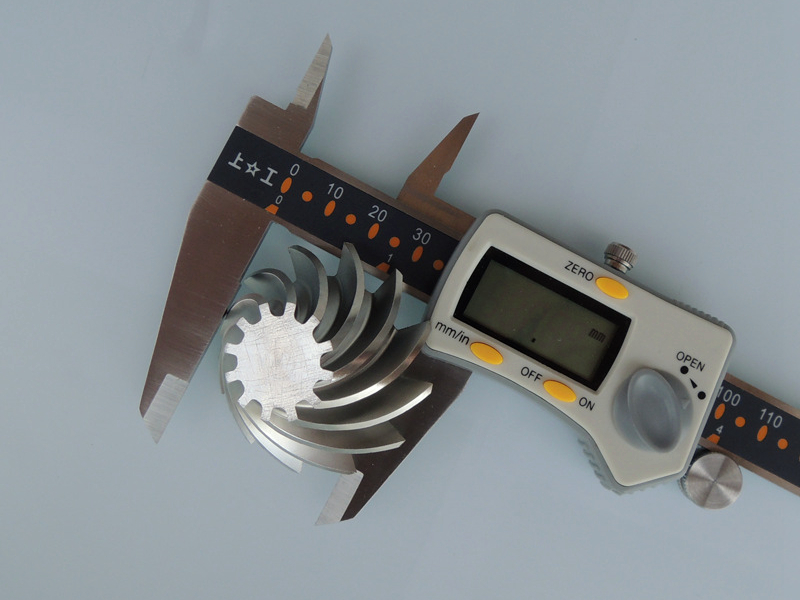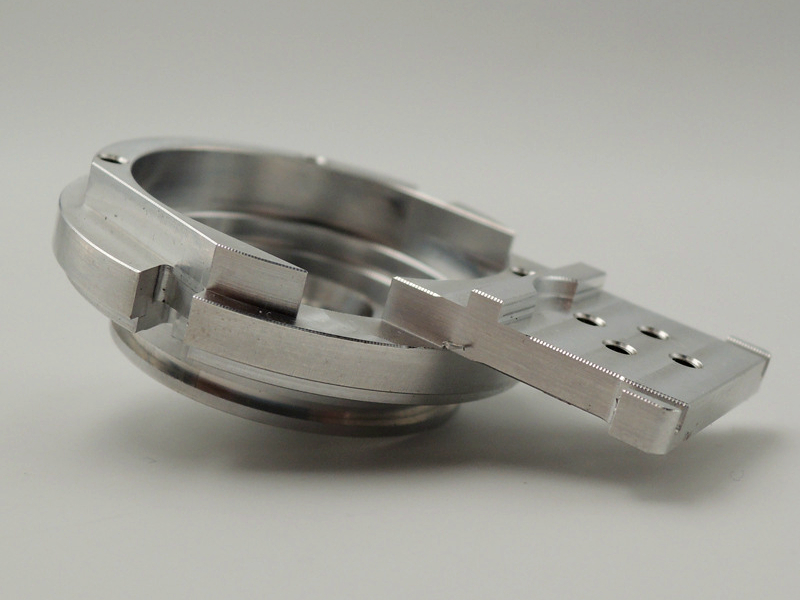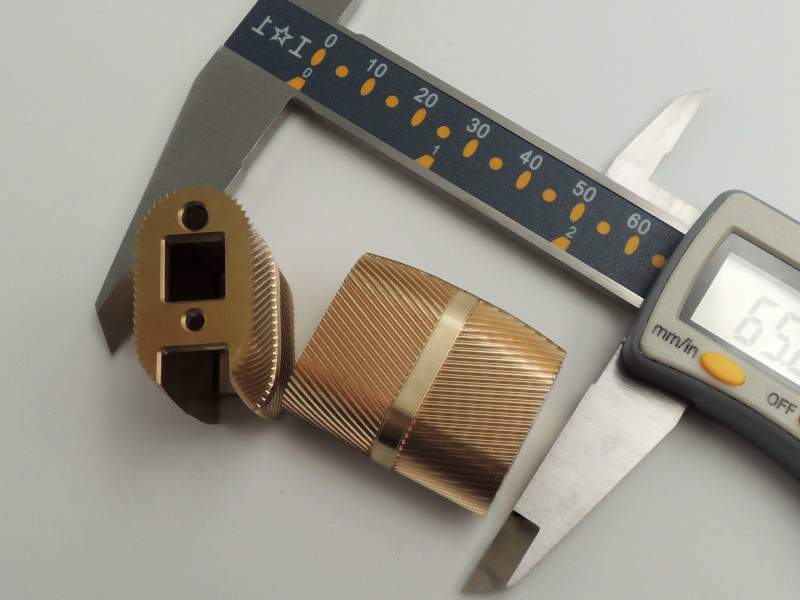Which metals offer the best corrosion resistance for marine or medical parts?
Which Metals Offer the Best Corrosion Resistance for Marine or Medical Parts?
Stainless Steel 316L: Medical-Grade and Marine-Safe
Stainless Steel 316L is one of the most reliable choices for corrosion resistance in both marine and medical environments. With added molybdenum (~2.5%), 316L resists pitting and crevice corrosion in chloride-rich conditions such as seawater or human body fluids. It complies with ASTM F138/F139 for surgical implants and maintains mechanical integrity in saline exposure. Typical applications include orthopedic implants, surgical instruments, and marine fasteners.
At Neway, we machine 316L components to ±0.01 mm tolerance and polish them to Ra ≤ 0.6 µm, ensuring biocompatibility and superior corrosion protection for high-demand parts.
Titanium Ti-6Al-4V: Lightweight, Biocompatible, and Corrosion-Proof
Titanium Ti-6Al-4V, known for its natural oxide layer, offers unmatched corrosion resistance in saltwater, body fluids, and sterilization chemicals. It’s widely used in dental implants, surgical prosthetics, and marine sensors. Unlike stainless steel, titanium forms a passive layer that self-heals, making it ideal for dynamic environments.
Neway leverages multi-axis machining and flood cooling to produce complex titanium geometries while avoiding thermal damage and maintaining full biocompatibility and mechanical strength.
Copper-Nickel Alloys: Marine Application Specialists
Copper-Nickel (Cu-Ni) alloys such as C70600 (90/10) and C71500 (70/30) are excellent for marine hardware, heat exchangers, and subsea structures. Their resistance to biofouling, seawater corrosion, and stress cracking makes them superior to standard brass or bronze. Yield strengths are lower (~150–300 MPa), but longevity and resistance to galvanic attack in multi-metal assemblies make Cu-Ni a preferred material in shipbuilding and desalination equipment.
Material Comparison Table
Metal | Corrosion Resistance | Ideal Applications | Biocompatible | CNC Machinability |
|---|---|---|---|---|
Stainless 316L | Excellent (chloride, fluids) | Surgical tools, implants, marine bolts | Yes | Moderate |
Titanium Ti-6Al-4V | Exceptional (salt, acids) | Implants, offshore sensors | Yes | Difficult |
Copper-Nickel C706 | Excellent (marine exposure) | Seawater pipelines, condenser tubing | No | Moderate |
Relevant Manufacturing Services You May Need
● Stainless Steel CNC Machining ● Titanium CNC Machining ● Copper CNC Machining ● Precision Machining Services ● Low-Volume Manufacturing
Neway delivers corrosion-resistant components to marine and medical industries with ±0.01 mm precision, ISO 13485/9001 standards, and full traceability for critical applications.



